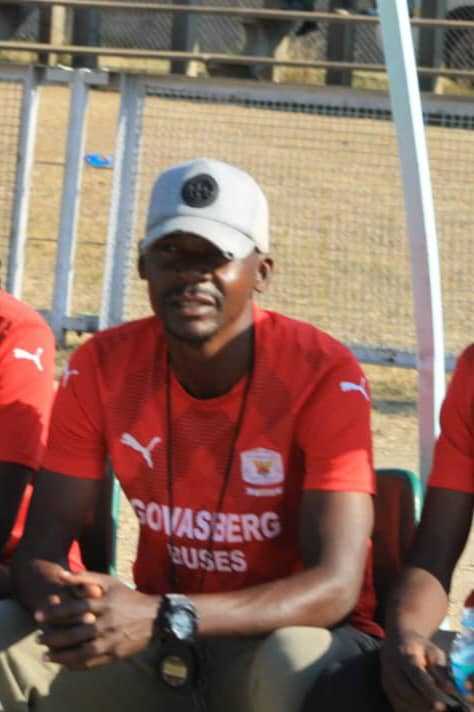
Witness Runodada
Zim Now Writer
Brighton Pamhirwa was born on June 10, 1978, in Kwamurinye, Masvingo, the youngest of six boys. His love for football emerged at an early age, although he never imagined it would shape his future. Despite initial doubts about pursuing a career in football, Brighton's passion for the game grew as he encountered new influences along his journey.
In 1988, Brighton was introduced to Division 2 football in Harare through friends like Elton Chimedza and Leo Kurauzvione, who played for Support Unity.
Although his friends were involved in football, Brighton had yet to fully envision a future in the sport. However, seeing his peers progress to major clubs like Dynamos and CAPS United reignited his interest, pushing him to take football more seriously.
Brighton's career took a significant turn when he moved to Triangle, where football became his main source of entertainment. By 2000, he had transferred to Masvingo United.
His breakthrough came in 2003 when he joined Shabanie FC. Under the guidance of coach Moses Chunga, Brighton played a pivotal role in helping the team win the OK Grand Challenge. His decisive goal at the National Sports Stadium became one of the highlights of his playing career.
From 2003 to 2006, Brighton continued to shine for Shabanie FC, but at the end of the 2006 season, a serious injury slowed him down. After his recovery, he had a brief stint at Black Rhinos before moving to Kiglon in 2008 and then to Gunners in 2009, where he enjoyed league success. In 2014, Brighton returned to Shabanie FC in Zvishavane, but this time not as a player—he began his coaching journey.
Transitioning into coaching allowed Brighton to embark on a new mission: nurturing young talent. He established Pams Football Academy, which has already made a significant impact on Zimbabwean football. His academy has produced three Premier Soccer League players, with between 28 and 30 players currently playing in Division One. Among his success stories are three under-17 national team players—Desire Huwani, Takunda Manyuchi, and Peter Mushure—who Brighton personally mentored.
Related Stories
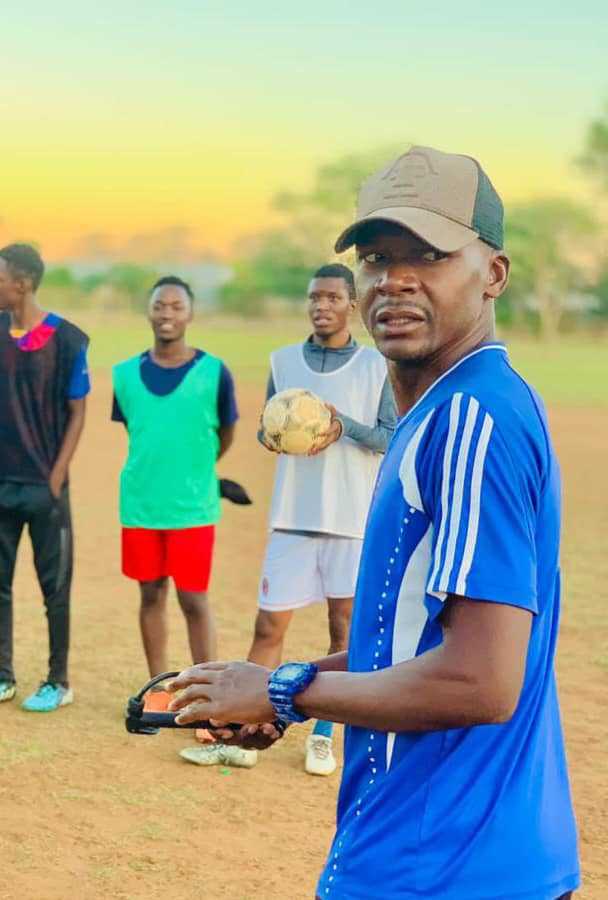
Despite the academy's successes, Brighton has faced significant challenges, particularly with securing funding. Sponsorship has been scarce, and the academy largely relies on the support of parents for essentials like transport and uniforms. Yet, Brighton remains undeterred, continuing his work to shape the future of Zimbabwean football, one player at a time.
As a coach, Brighton is vocal about the issues affecting grassroots football development in Zimbabwe. He believes that while there are still individuals dedicated to nurturing young talent, they lack adequate support.
Many academies, in his view, are increasingly driven by profit, which limits opportunities for gifted players who may not have the financial means to participate. He has called on the Zimbabwe Football Association and the government to step in and provide the necessary support.
In running his academy, Brighton has also had to contend with the unethical practices of larger, better-funded teams poaching players he has carefully developed. He laments how these clubs often swoop in and take away key players, forcing grassroots coaches to constantly rebuild from scratch.
Despite these hurdles, Brighton remains optimistic about the future. He is hopeful that his academy will produce three or four players who can break into the Premier League next year. Among his top prospects are Arthur Sibanda, Timukudzei Njele, and Manford Mudzimu, all of whom have the potential to become household names in Zimbabwean football.
Brighton's coaching efforts have already yielded impressive results, with players like Thubelihle Jubani (Manica Diamond), Shelly Mafukidze (FC Platinum), and Menford Mudzimu (Triangle FC) emerging from his academy. Others, such as Lovemore Nganga and Tinashe Ruzive at Bikita Minerals, continue to carry forward the legacy of Pams Football Academy.
Outside of football, Brighton runs a broiler project, which provides him with a steady income. He emphasises the importance of diversifying one's income streams and not solely relying on football. This approach to life reflects his coaching philosophy: resilience, adaptability, and a commitment to overcoming challenges.
Brighton Pamhirwa’s story is a testament to the power of passion and persistence. From his humble beginnings in Masvingo to becoming a respected figure in Zimbabwean football, his influence continues to grow through both his academy and his broader contributions to the sport.
As he looks toward the future, his focus remains on developing young talent and ensuring that Zimbabwean football thrives for generations to come.

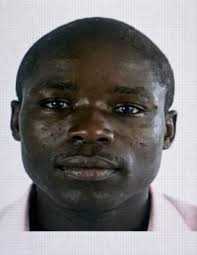








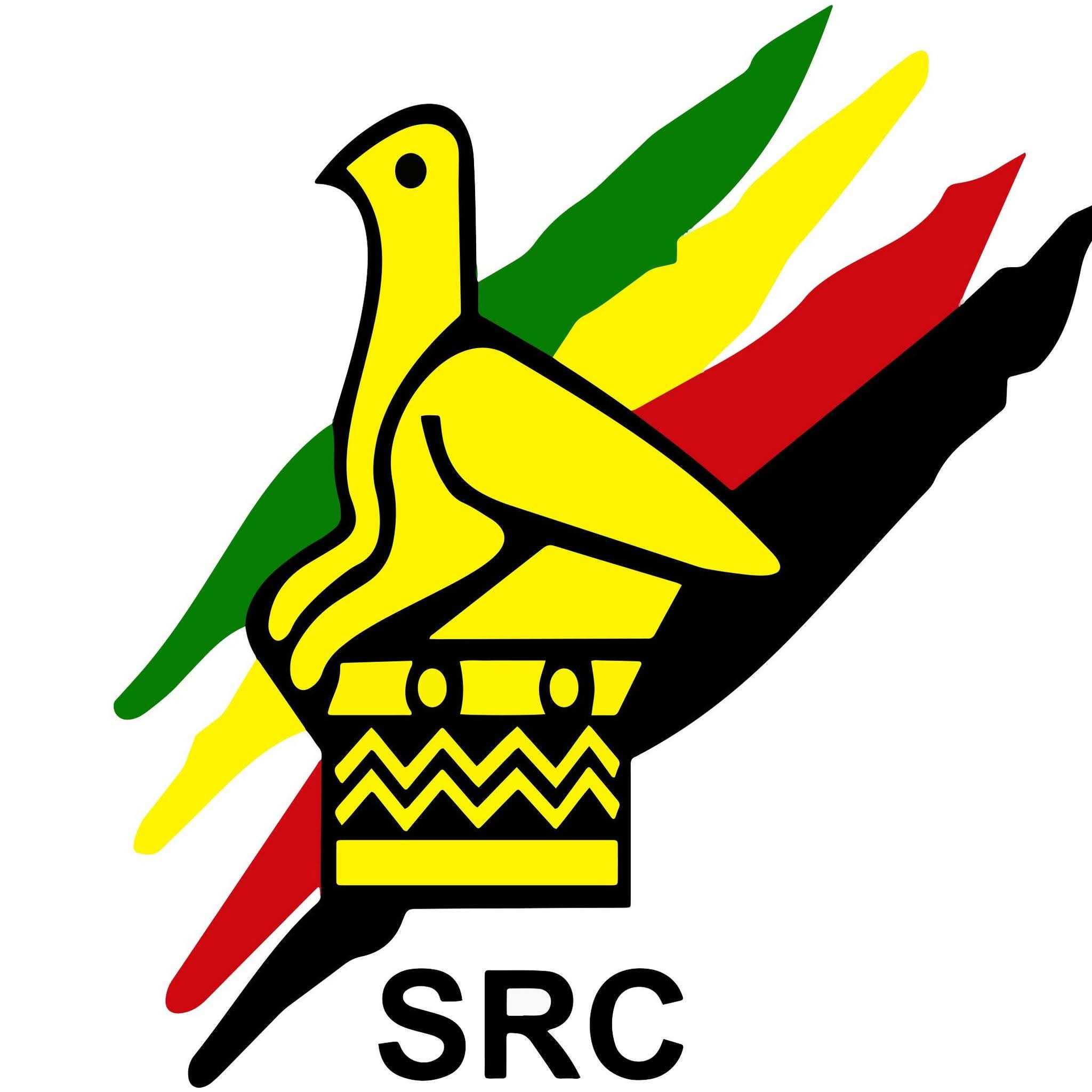
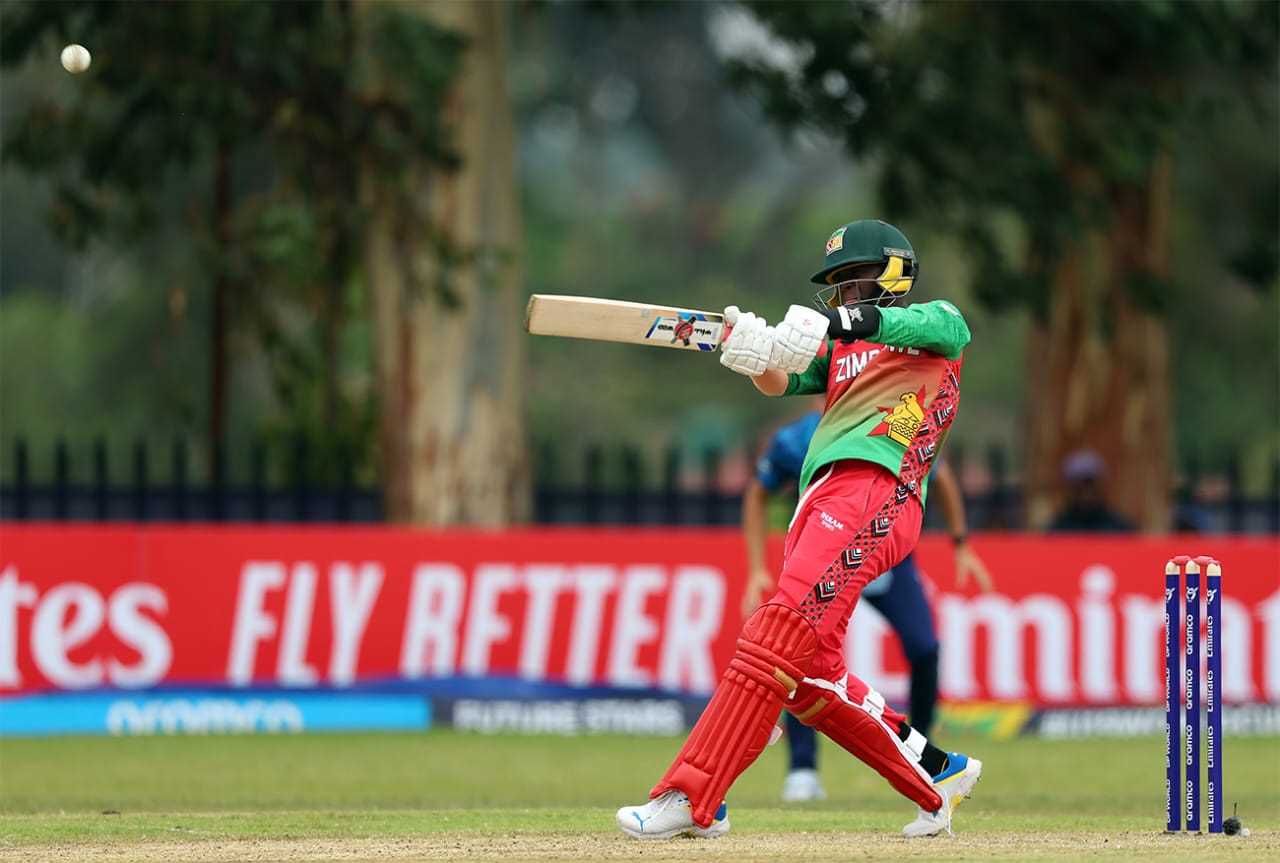




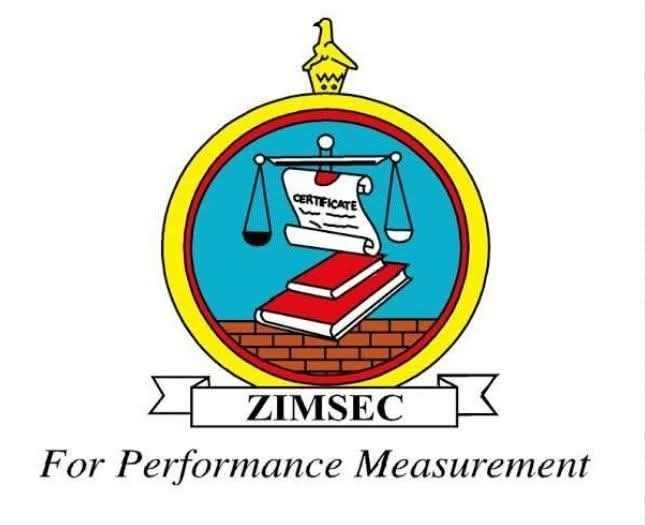
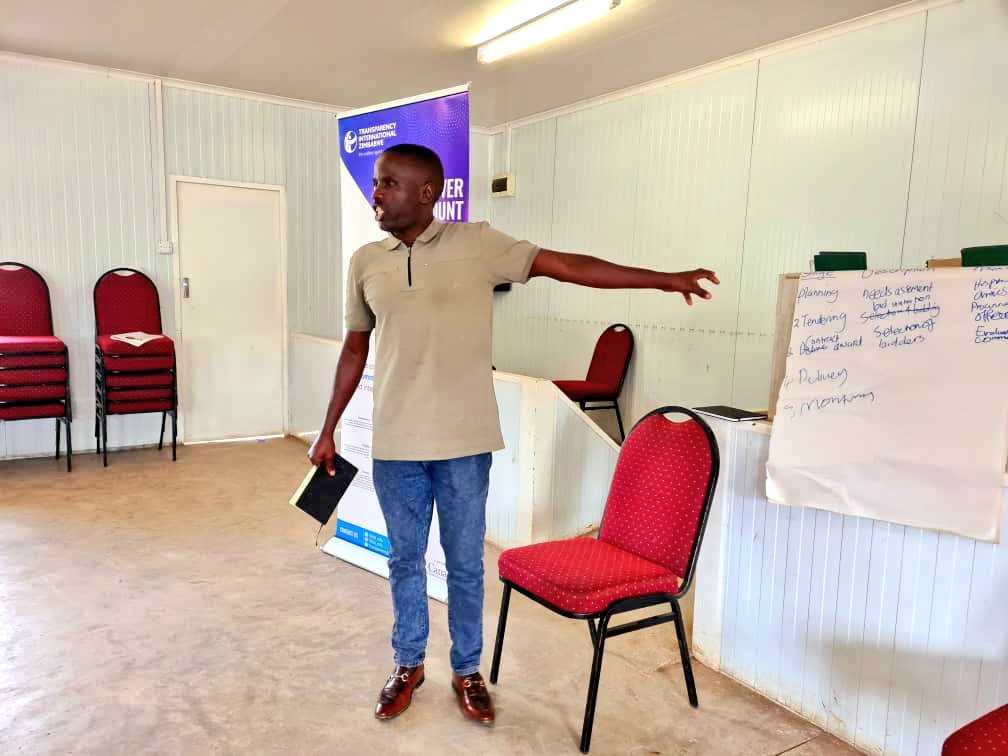


Leave Comments